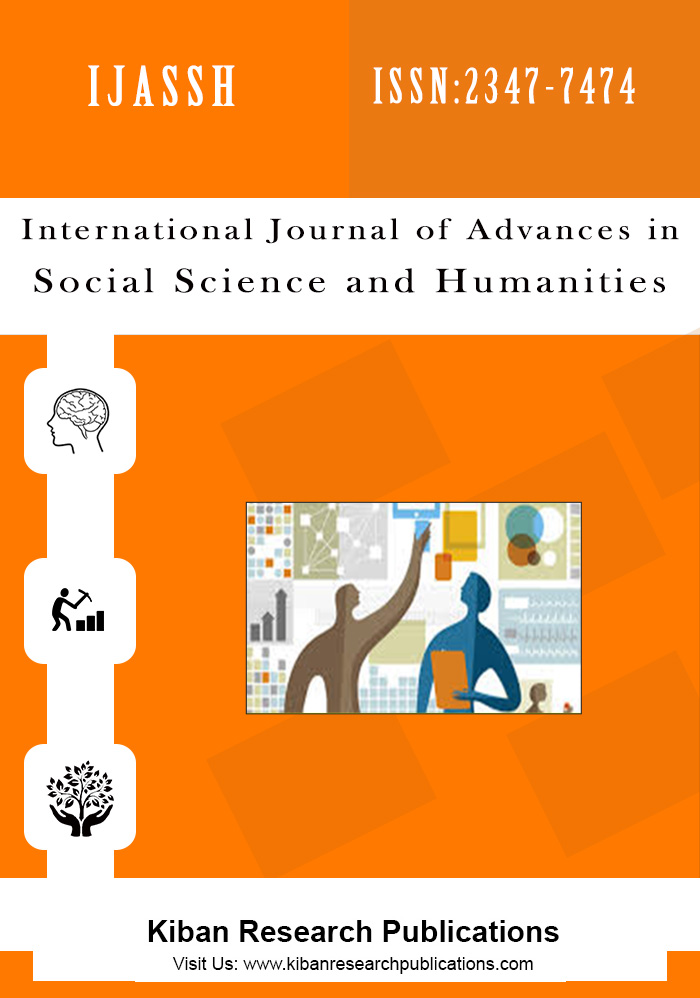Marital Status and Sexuality in Later Life
Abstract
Sexuality is considered an aspect of quality of one’s life course because it is a source of fundamental psychological reinforcement as well as an important factor in one’s self-concept. However, studies regarding sexuality have been mainly focused on young people and young adults while information concerning sexuality in later life has been largely neglected. Although aging tends to bring a decline in sexual activity, it remains important to older persons of all sexual orientations, and while a history of an active sex life is carried into older age for those with partners, access to such partners can prove to be difficult, especially for women. Thus, studies on aging must pay more attention to the significance of sexual intimacy and activity to older persons. This study examines the relationships between older adults’ marital statuses and their sexual life satisfaction. Data from the National Social Life, Health, and Aging Project (NSHAP) survey were used, which sampled persons 57-85 years of age (n=3005). It was hypothesized that married older adults will report a higher score in frequency of sexual activities and sexual life satisfaction than non-married older adults. The current study’s findings build on a convoy model to account for how older adults’ marital statuses and sexual life satisfaction are differentially associated with their aging process. A directive for future research is to examine more diverse variables that can explain the dynamic relationships among older adults’ demographic factors.
Â
Keywords: Older adults’ martial statues, Sexual life satisfaction, Older adults’ sexuality.




